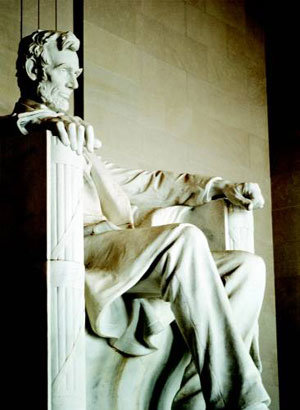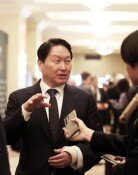What Leaders Need to Know Now
What Leaders Need to Know Now
Posted February. 23, 2008 05:30,

The leadership of the president is often one of the hottest issues in Korea as the country is largely run by the president. Expectations on the incoming administration are also heavily related to the leadership of President-elect Lee Myung-bak.
People associate leadership with the ability to present a clear vision, strong determination, righteousness and integrity. Although these qualities of leadership are useful in the process of establishing policy goals, it often takes more to attain the goals.
In his book, Carnes Lord, an author and former assistant to the vice president for national security affairs in the first Bush administration, argues that leaders must thoroughly analyze a variety of practical tools available, such as laws and administrative authorities, to achieve policy goals. Carnes says that leaders are required to have the ability to use those tools efficiently and wisely in accordance to changing situations.
Carnes is an eminent political scientist. He is a professor at the U.S. Naval War College and served as director of international communications and information policy for the National Security Council under former President Ronald Reagan, and assistant to the vice president for national security affairs in the George H.W. Bush administration.
The author, who believes that leadership coincides with the art of ruling, suggests ways for leaders to exercise leadership to the fullest. Koreas presidential system was established based on the U.S. and other Western countries presidential systems. During the past several years, Koreans have also realized that the presidents goodwill does not necessarily lead to a desirable outcome. The book also says that the ability to execute and coordinate is more important than rhetoric.
The author compares policies to language and the techniques of ruling to grammar. Many leaders assume that all that matters is speaking fluently. You can make a conversation without the knowledge of grammar. However, the backbone of the actual language or policies is grammar or systematic knowledge, which is essential in making policy decisions. In other words, the means to achieve goals is the skills of ruling.
The art of ruling can be implemented in a variety of areas, including administration, law, education and the economy. The author says that leaders not only have to make polices but also have to execute policies. In standardized organizations, there are always bureaucrats lacking passion. The author says that the president must carefully study how best his key personnel can be utilized and how and why government restructuring is proposed and accepted if he or she wants to prevent side effects of bureaucracy.
The author also insists that the legal matters shouldnt also be left exclusively to the hands of the legislature and the judicature. He points out that the leader must consider amending rules that are too hard to understand or excessively specific and make sure that the law does not become a tool that benefits a certain social class or interest group. He believes the U.S. is vulnerable to hostile Islamic groups terror attempts. This is why he suggests that the country needs a strong leadership that can be found in time of war.
His advice is not totally agreeable. If the leader personally meddles with the policy making process of the law, administration and education, he or she may end up being an autocrat or excessively authoritarian leader.
However, he has a good point in that discussions on leadership have always been arbitrary and obscure. Like he says, it is now time to get a clear understanding on the reality of politics.
zeitung@donga.com







